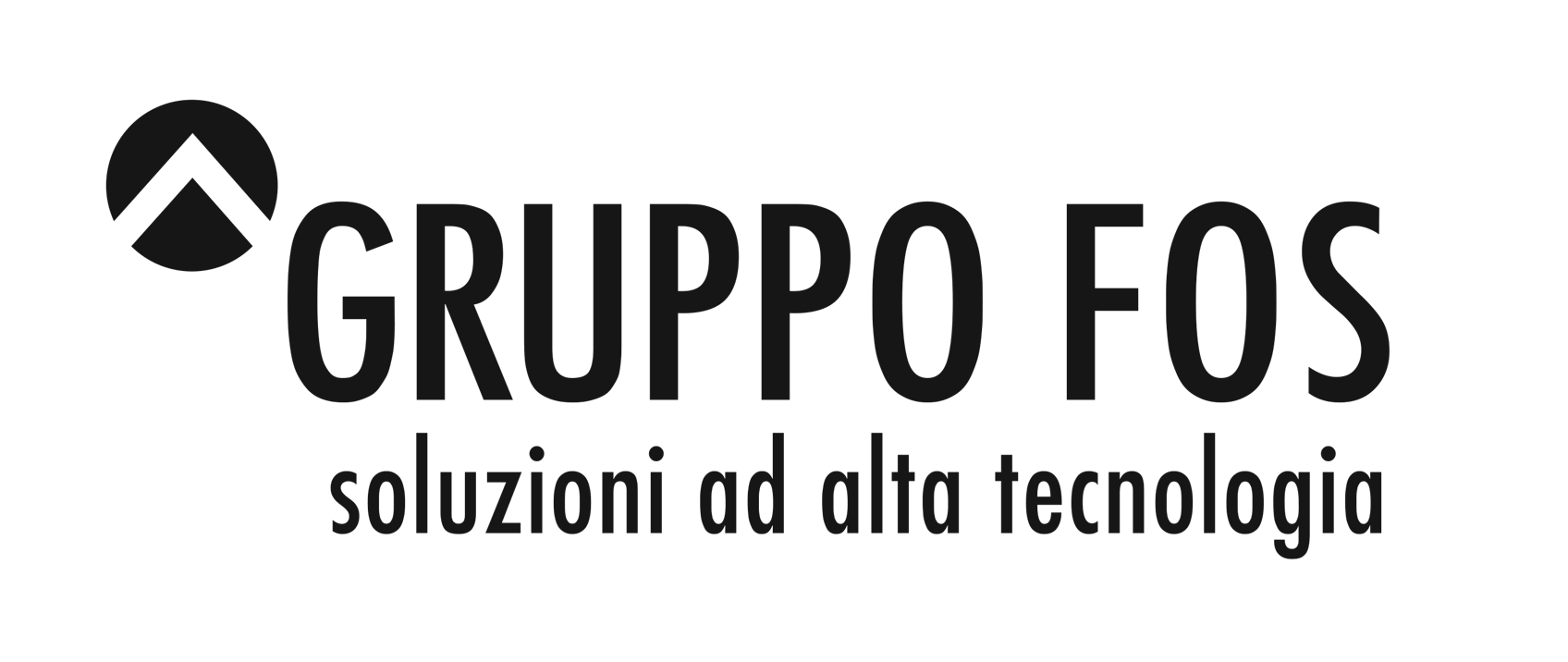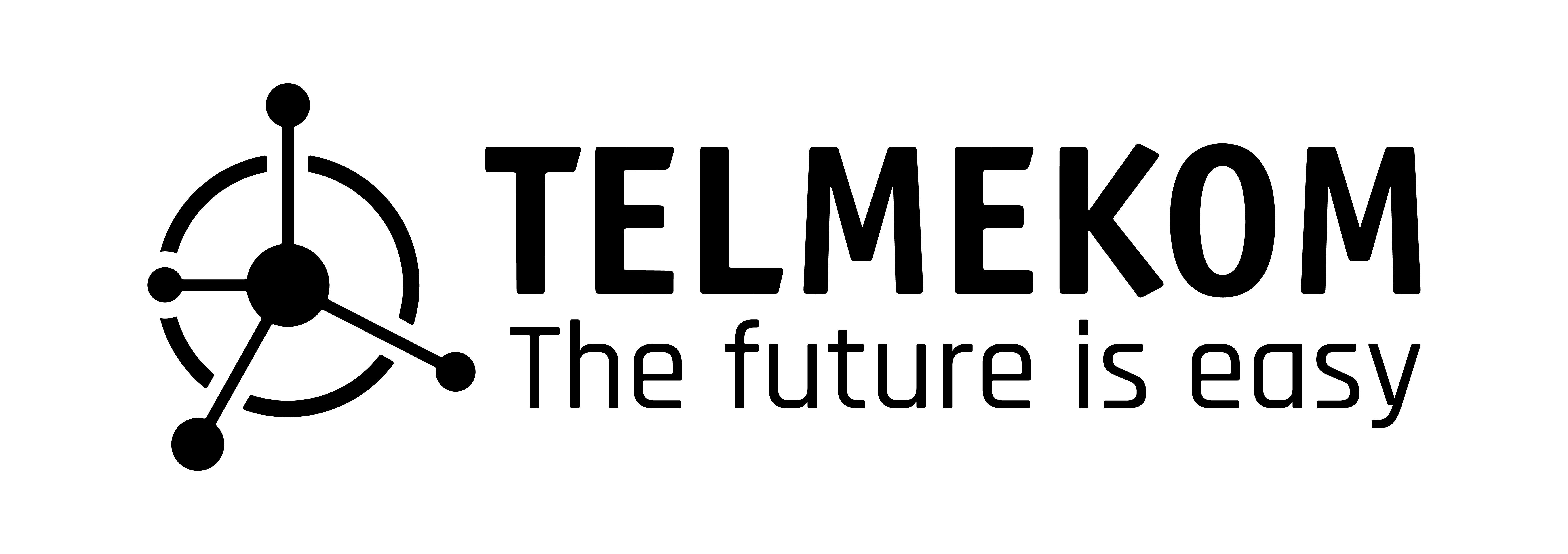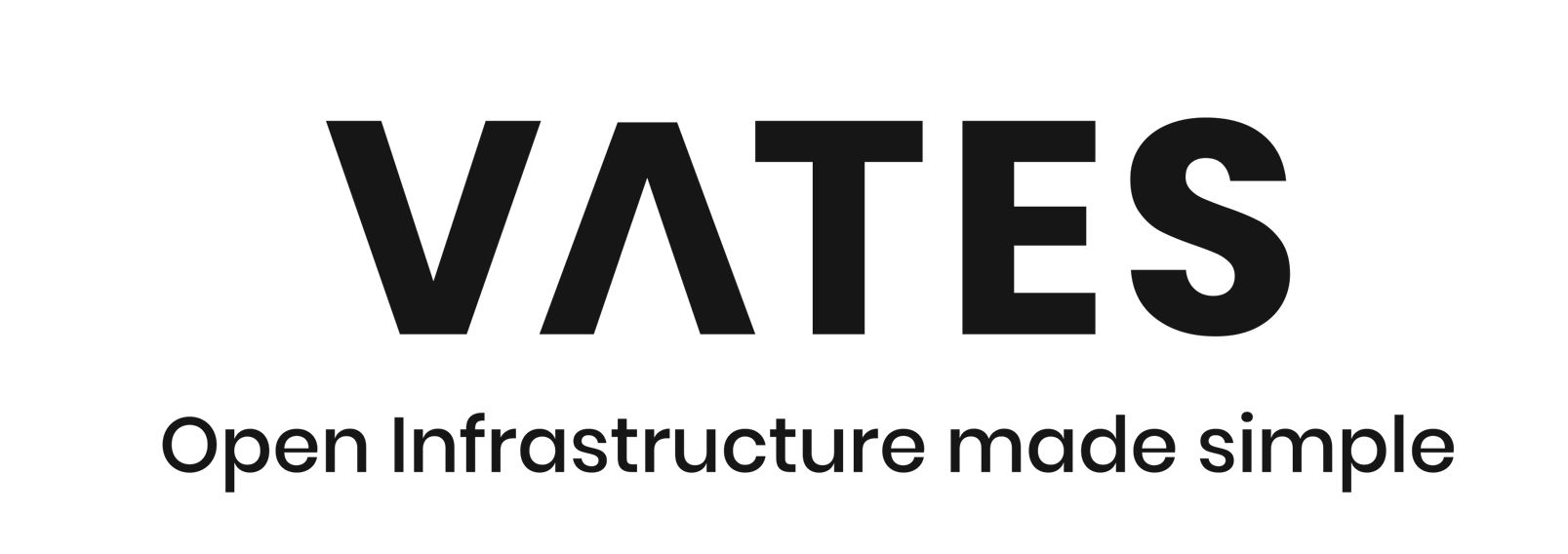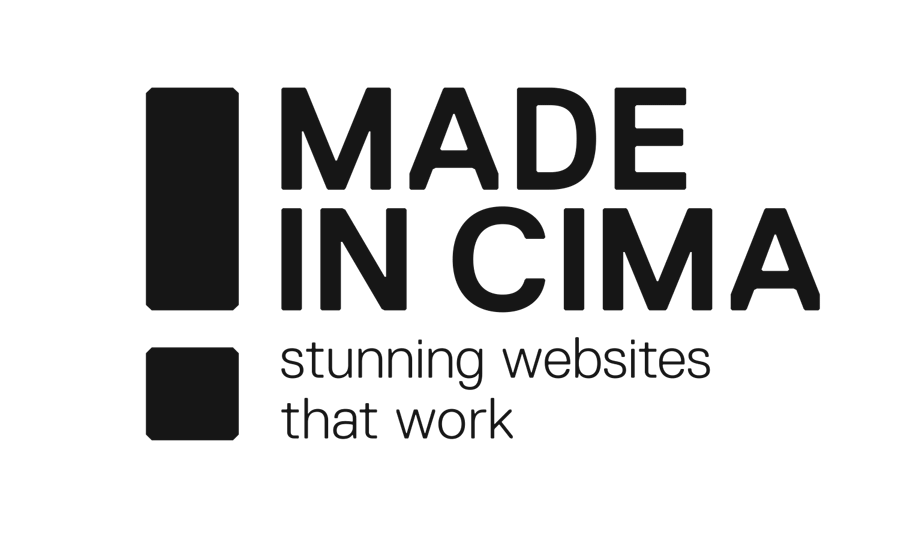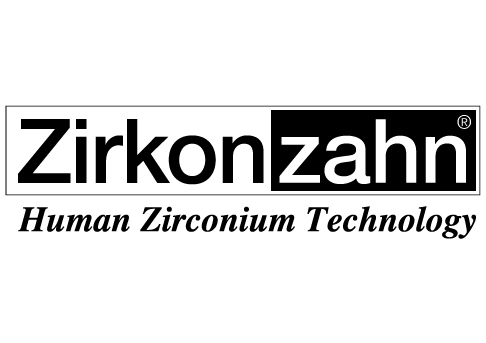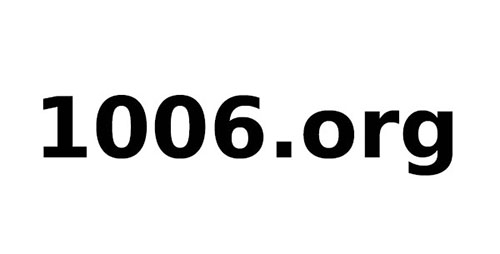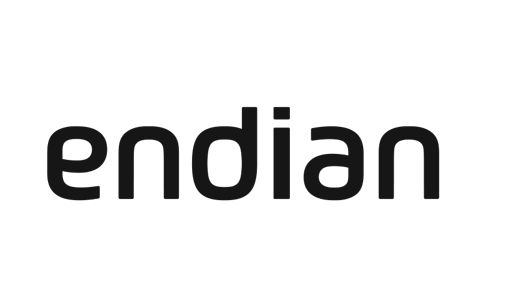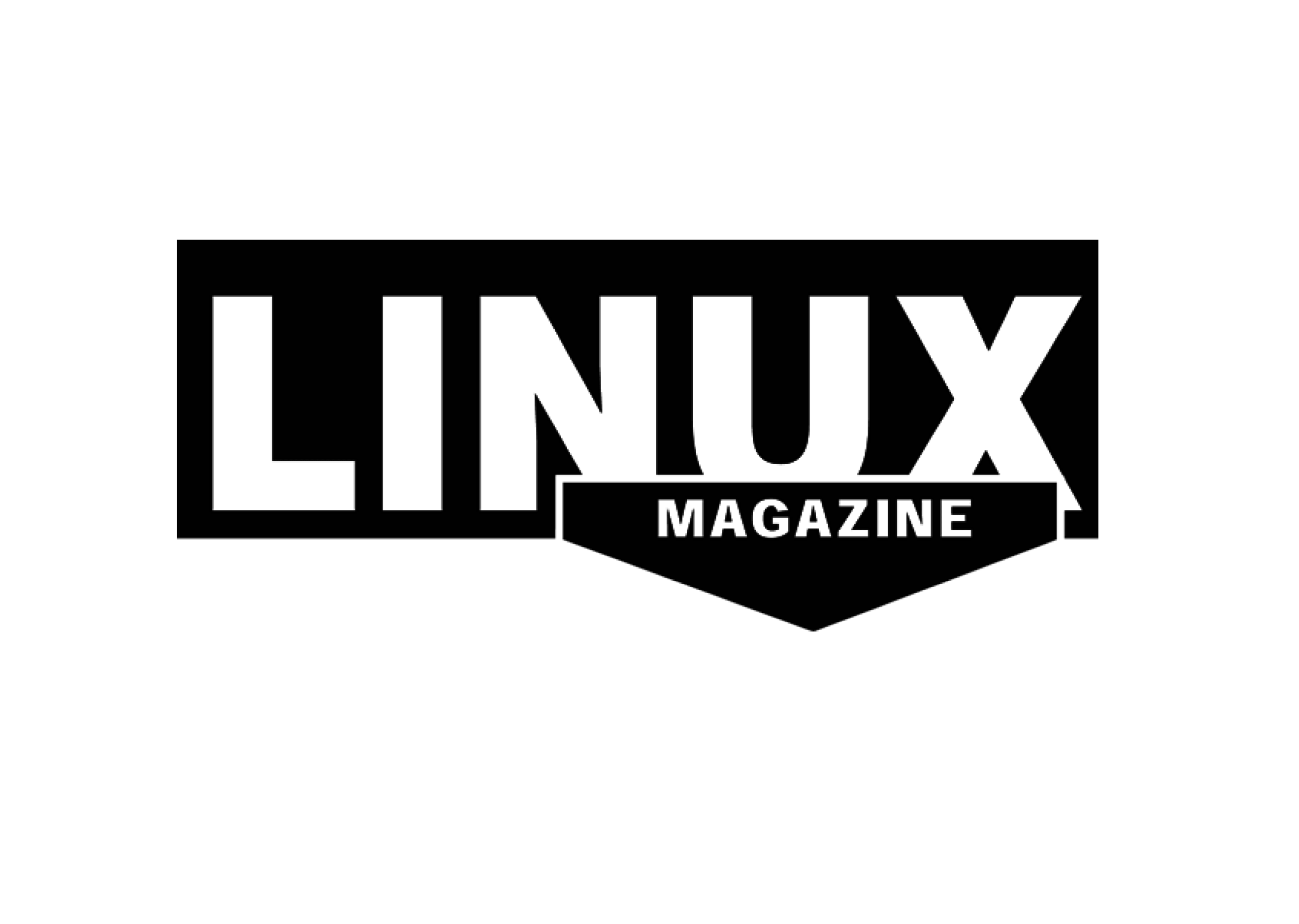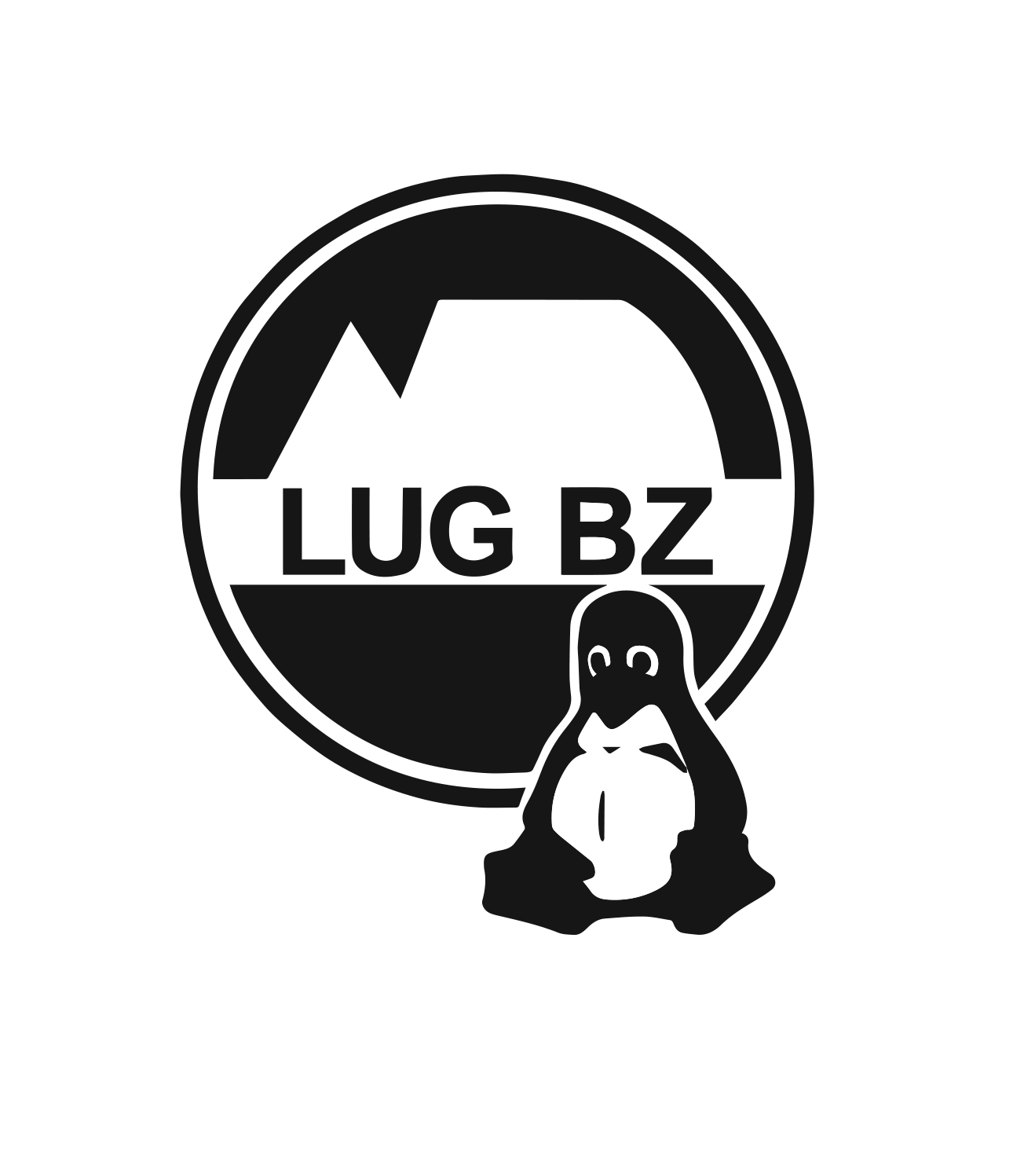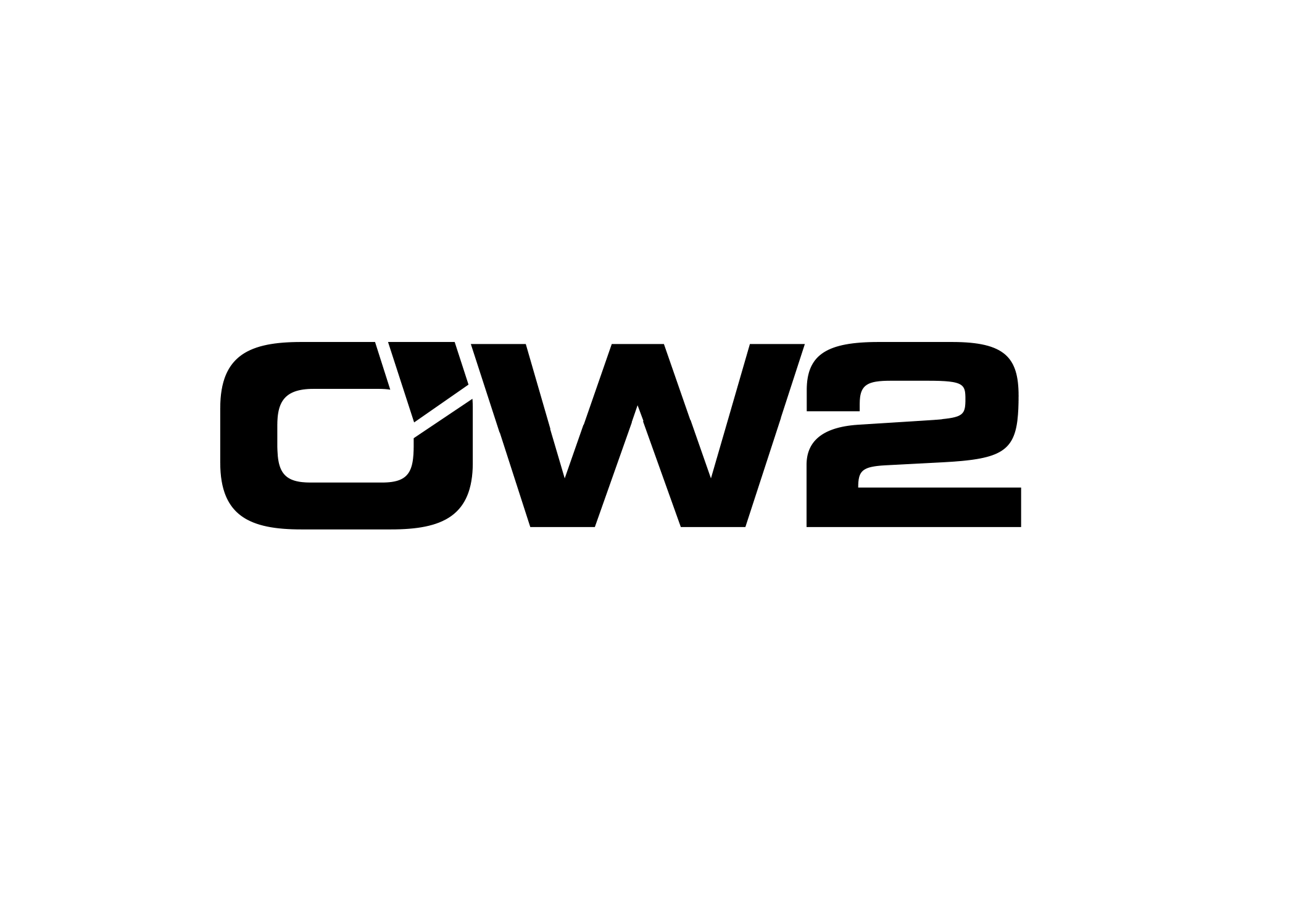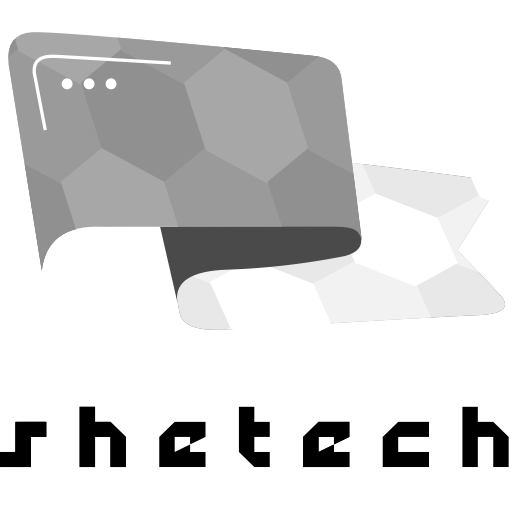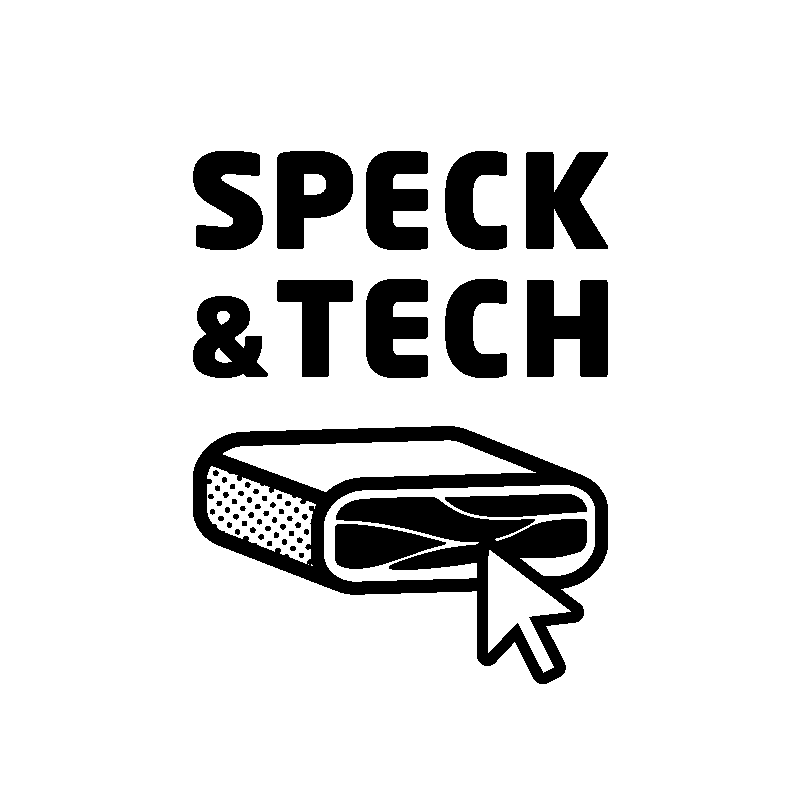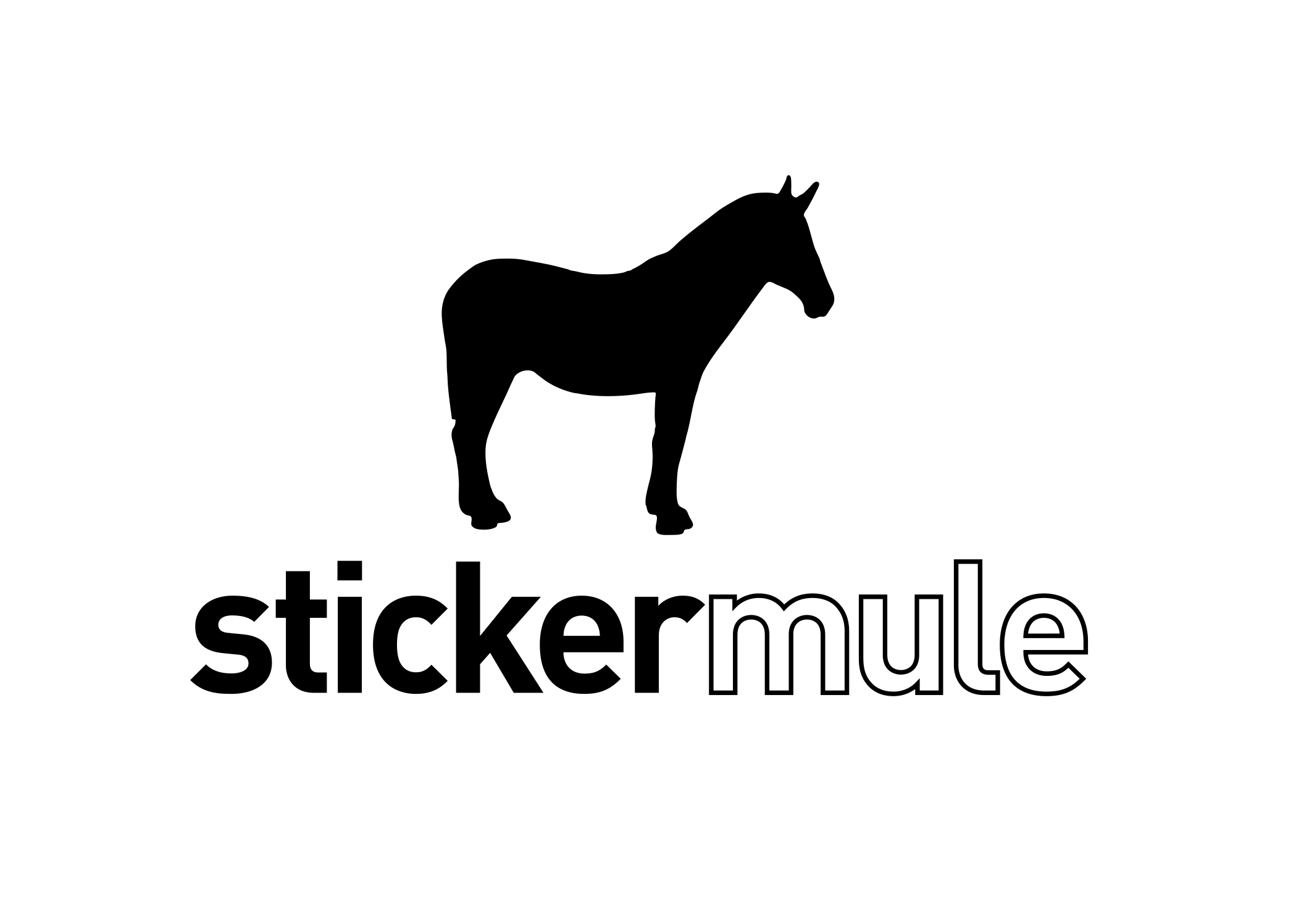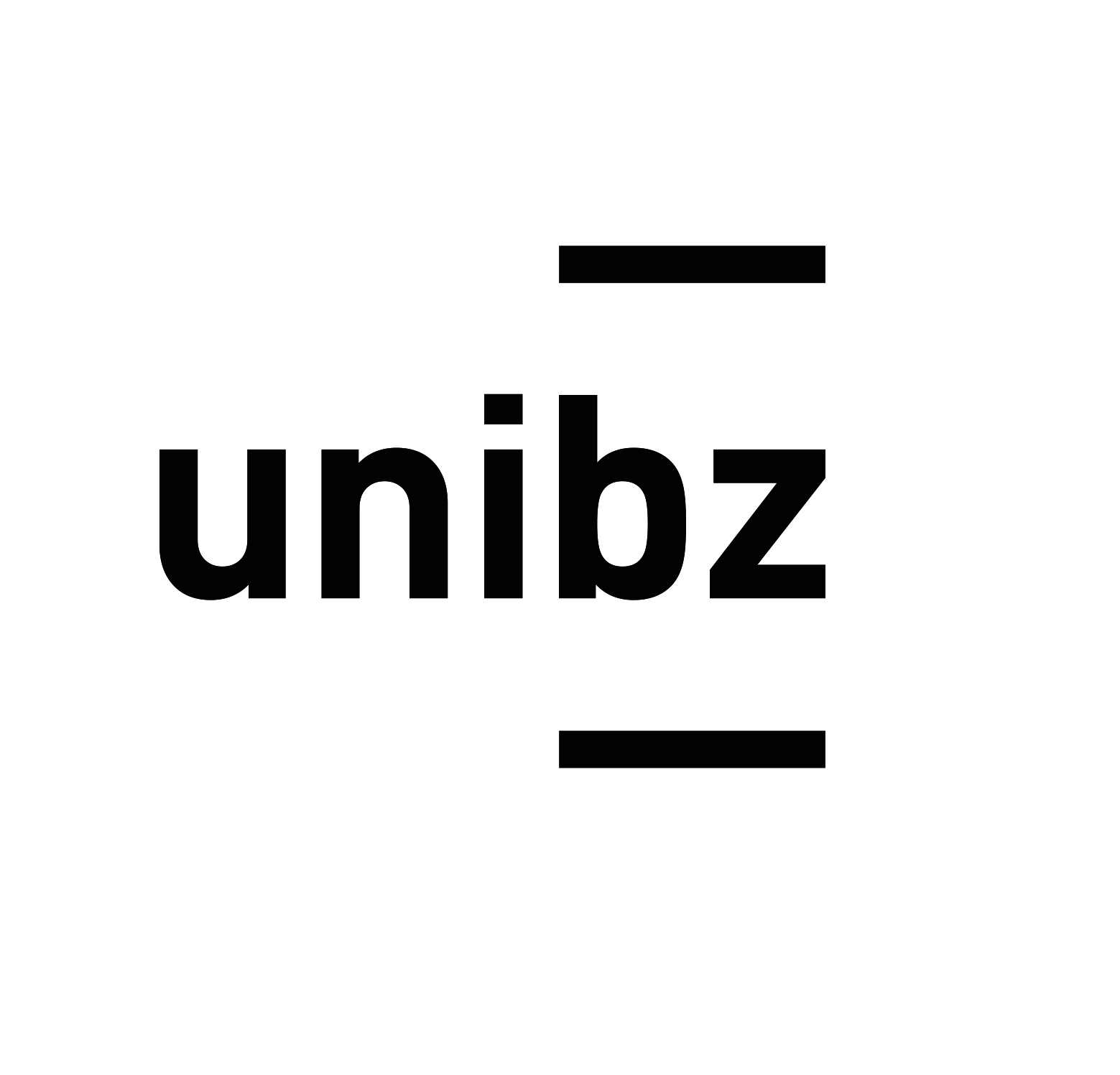The transition from Web 2.0 to Web 3.0 has fueled the need for a secure and decentralized cloud storage solution for digital assets. Web 2.0 was characterized by centralized platforms where user data was under the control of companies. In contrast, Web 3.0 aims to empower individuals and foster a decentralized web that supports and benefits the Free Software and Open Data Communities.
Blockchain technologies facilitate seamless collaboration and interoperability among diverse stakeholders in the Free Software and Open Data communities. Developers can establish open and transparent ecosystems where data can be shared, verified, and integrated across multiple platforms.
Beez, with its own blockchain infrastructure, offers a secure and transparent platform for digital asset exchanges, bolstering transaction integrity and trust. By distributing data across a network of nodes, Beez ensures security and mitigates the risk of single points of failure. Users retain control over their data, safeguard their privacy, and can take advantage of the incentive mechanisms offered by blockchain networks.
During our presentation, we will explore the role of AI within Beez’s ecosystem, facilitating accelerated data processing, correlation, and intelligent automation. AI unlocks valuable insights from blockchain data, and we will touch upon the use of Inductive Logic Programming (ILP) to enhance programming performance.
The integration of Blockchain and AI technologies holds great potential for advancing the safety and efficiency of the Open Data ecosystem. By combining decentralized data storage, trust-building mechanisms, and intelligent data processing, Beez is paving the way for a more secure, transparent, and user-centric digital landscape.



